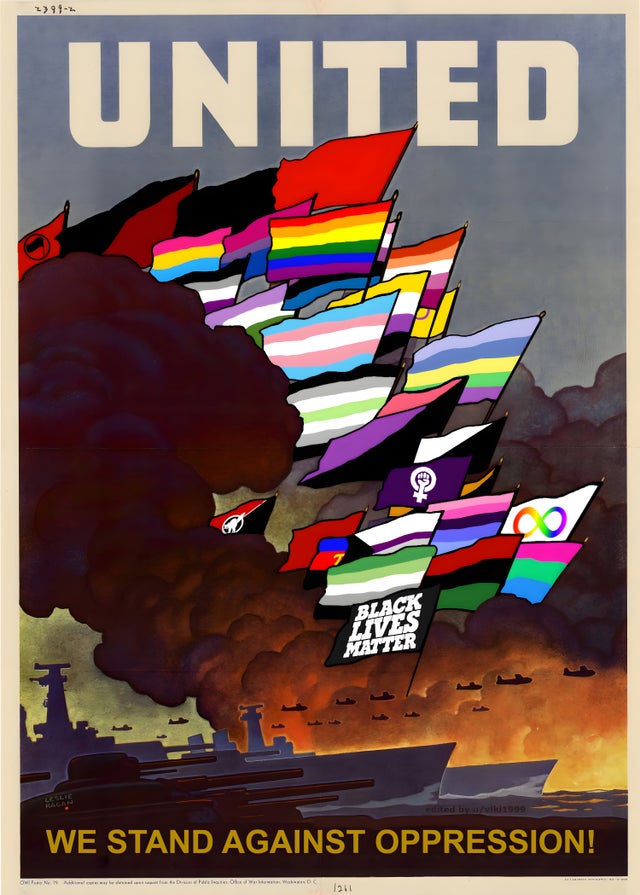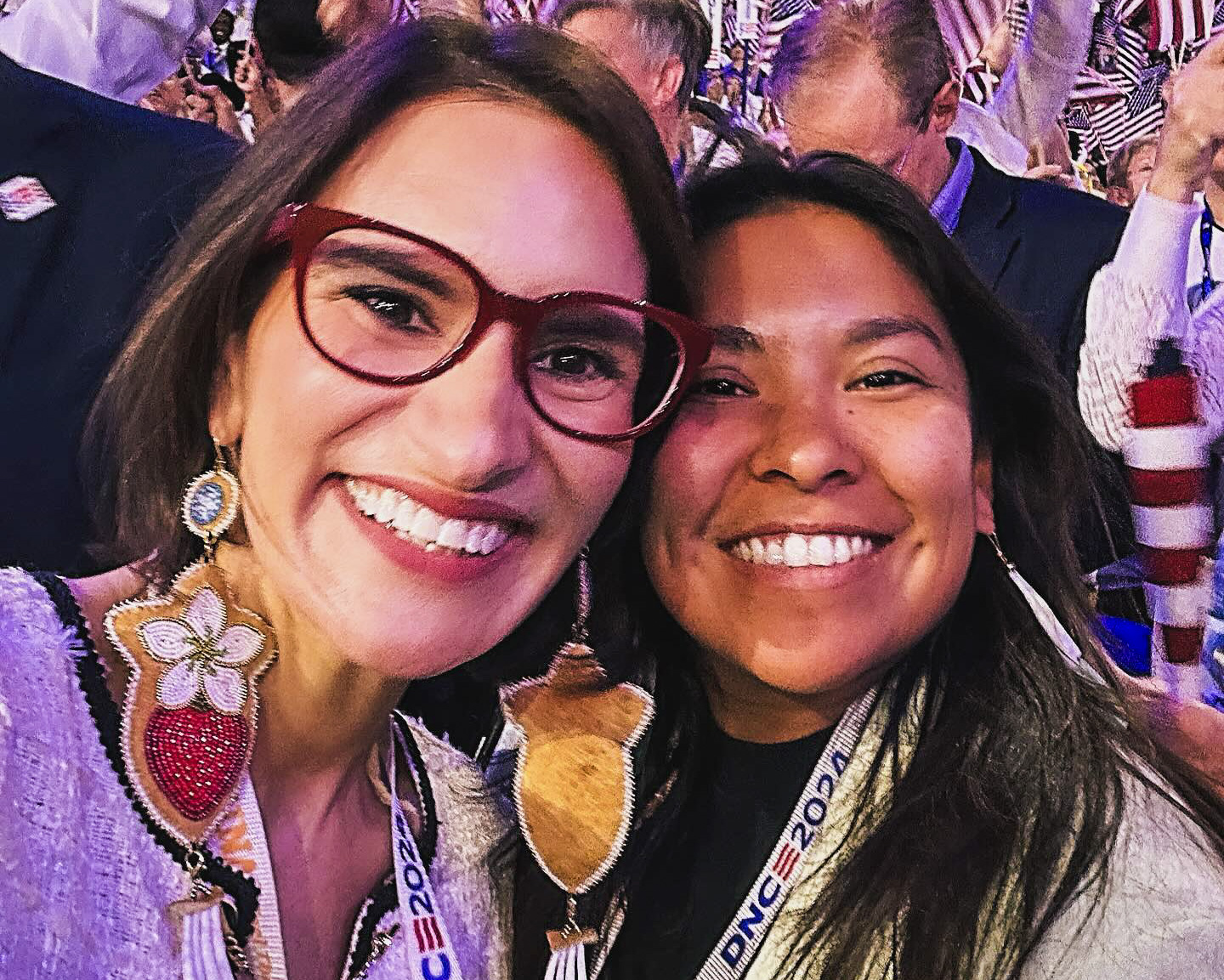

In my alternate history world (see my profile), I wanted to let African and American cultures thrive, not be colonised by Europe.
I wanted transatlantic contact to be contact between equals: West Africans + East Americans + far West European barbarians (distinct from the imperial core in Central Europe) all come together and ally… it’s not exactly a lovefest but they see their common interest and create technology-transfer and confederation.
In actual history, one reason America was wiped out was the West lacked immunity to smallpox.
Then I learned a little-known historical tidbit (learned it on Hexbear iirc)… Africans had knowledge of smallpox inoculation! Therefore, if Africans were respected allies that crossed the Atlantic (not slaves), they could bring the Americans smallpox immunity:
- https://en.wikipedia.org/wiki/Onesimus_(Bostonian) – Onesimus (late 1600s–1700s) was an African (likely Akan) man who was instrumental in the mitigation of smallpox in Boston, Massachusetts. He introduced the variolation method of inoculation, which prevented smallpox and laid the foundation for vaccines.
- https://en.wikipedia.org/wiki/Smallpox_vaccine – Variolation was also practiced throughout the latter half of the 17th century by physicians in Turkey, Persia, and Africa. In 1714 and 1716, two reports of the Ottoman Empire Turkish method of inoculation were made to the Royal Society in England, by Emmanuel Timoni, a doctor affiliated with the British Embassy in Constantinople, and Giacomo Pylarini. Source material tells us on Lady Mary Wortley Montagu; “When Lady Mary was in the Ottoman Empire, she discovered the local practice of inoculation against smallpox called variolation.”
So in the alternate history, in the 1490s Europe crosses the Atlantic and rounds Cape Bojador, and a multi-ethnic confederation initiates contact with the Native Americans. It brings the knowledge of smallpox immunity to them, because that’s a technology several Old World Cultures (but not white Europeans) had.
By making Africans equals in transatlantic contact, that simultanæously justifies why Americans weren’t decimated by smallpox.








yeah I love goo-vials